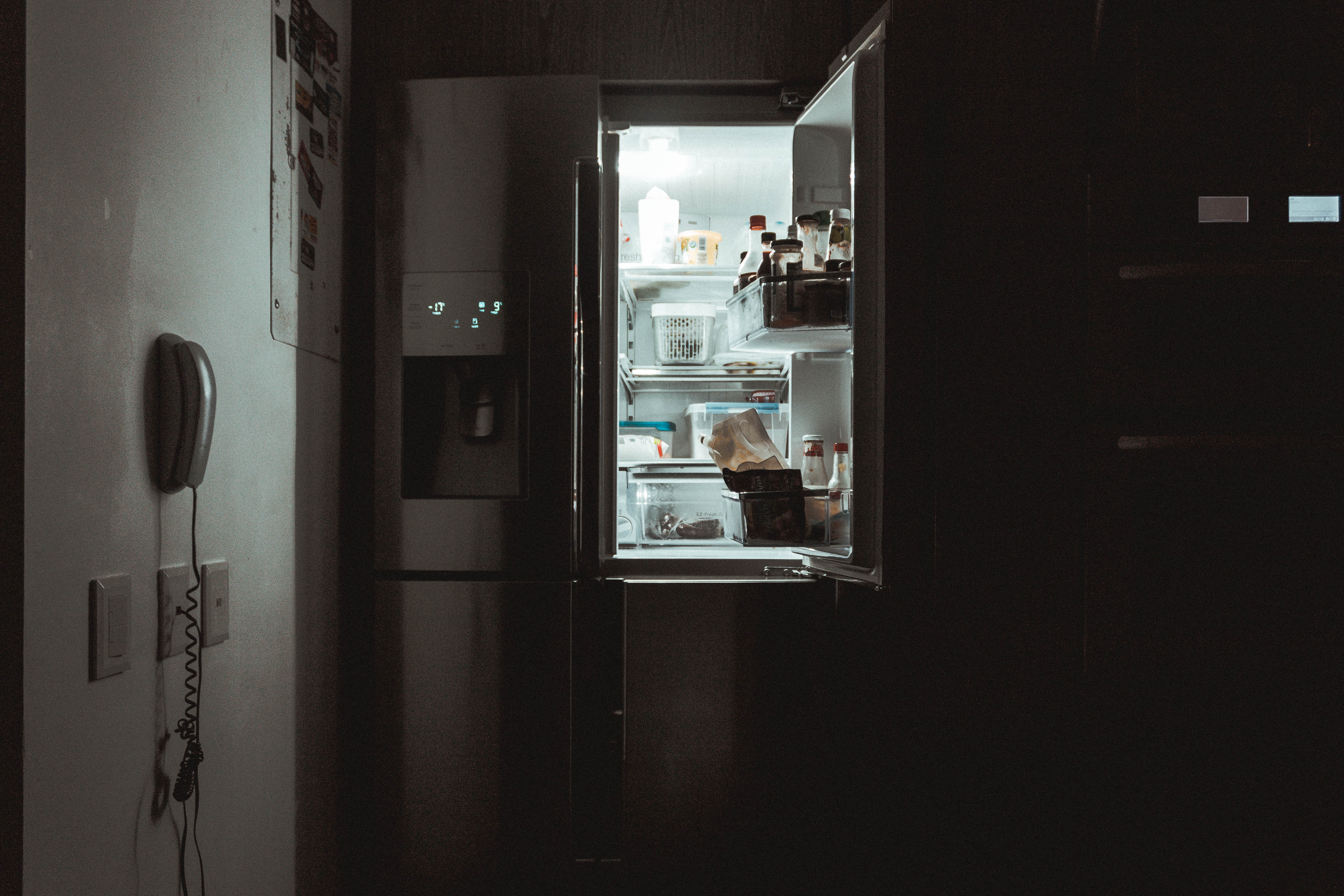Commonly Used Home Appliances
Commonly Used Home Appliances
Refrigerator:
The next time you make your midnight foray to the fridge for a piece of pie or a leftover burrito, consider what life would be like without that big cold box. You wouldn't have ice for your drink, and you wouldn't be to keep food fresh. Many of the staples you enjoy like eggs, milk, cheese, meat and butter would have to be purchased in small quantities or not at all. Expand this to the broader landscape, and much of the variety you see in your local market would be impossible to ship, store and sell before it spoiled. You might even have to resort to growing some food yourself to insure that you had a regular supply.
The Washing Machine:
As long as people have been wearing clothes, they've had to come up with ways to clean them. If you lived a couple of thousand years ago, you'd be beating your clothes on a stone to get the stains out like the Romans did. They had special stone troughs for washing and used rendered animal fat as a crude form of soap. Fast forward a few hundred years, and the stone troughs were replaced with wooden boards for scrubbing. But the process was still slow and backbreaking, and the results were probably less than stellar. Modern washing machines use a two-drum system to clean clothes. The inner drum holds the clothes near the agitator, while the outer drum holds the water in the machine. When the washing cycle is complete, the inner drum spins, draining the water via hundreds of holes. Now that you don't have to spend two hours a day scrubbing dirty clothes, straining your back and ruining your manicure, you can chat with your friends and family on the telephone, the next appliance we can't live without.
The Telephone:
The phone has gone from a fixture on the wall that connected you to a switchboard and a party line to a wireless device that uses satellite technology to connect you to the rest of the world. That's pretty dramatic. It didn't take very long, either, at just a little more than 100 years. Cell phones are quickly replacing landline telephones. Research says households use cell phones exclusively, and more than 13 percent of people received most of their calls via a cell phone even though they had a landline in their home.
Television:
There are more than 1.5 billion television sets in the world today, and that number is growing [source: Woodford]. New television technologies are vying with one another for supremacy, and the potential for the viewer to access and control the viewing experience is almost unlimited. Companion technologies, like the digital video recorder (DVR, TiVo), which allows viewers to schedule, automatically record and play back television programming, are gaining in popularity, and the future for the medium of television is bigger, brighter and sharper, and it couldn't be better.
Air Conditioner:
In the middle of a summer heat wave, it's great to have air conditioning. Before Willis Carrier invented his method of cooling indoor air, it was a challenge to stay comfortable in hot weather. A nice, cold drink was helpful, and some homes were designed to make the most of a light breeze, such as the traditional shotgun style homes. Even a nice, big tree for shade was great, but the promise of a temperature controlled home was still very appealing.





